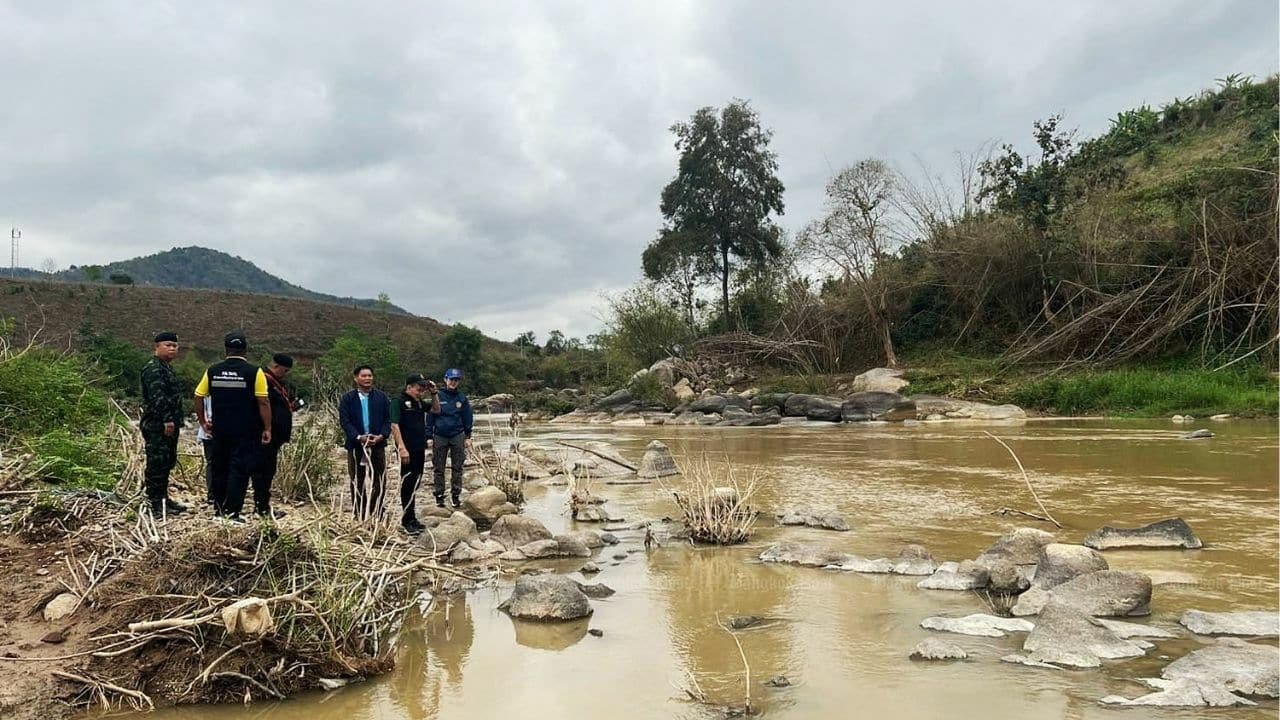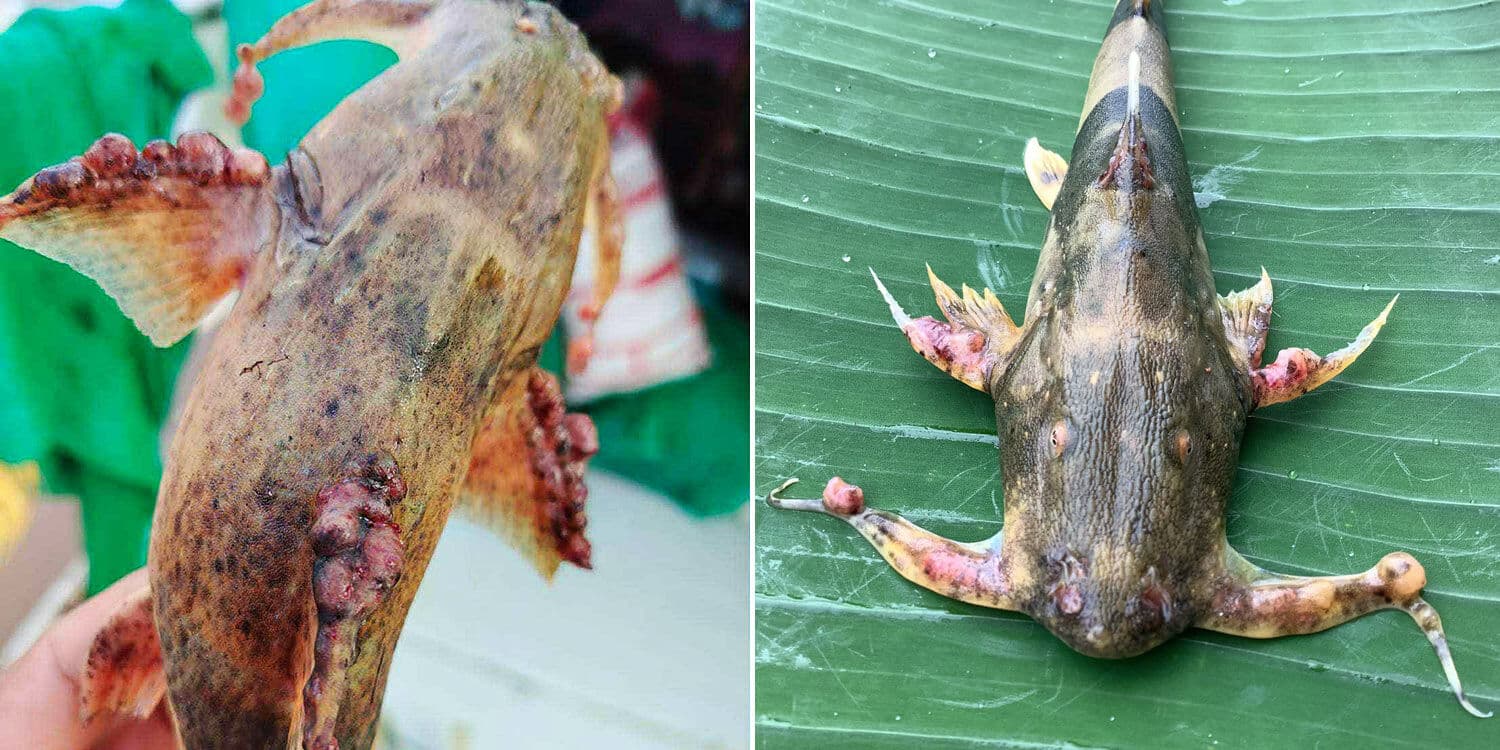Chiang Rai water contamination raises public health alarm
High levels of metal substances have been found in two main rivers in northern Thailand

A toxic tide is rising in northern Thailand. Dangerous levels of arsenic and lead have been found in the Sai River and parts of the Kok River in Chiang Rai, triggering serious concerns over public health, the environment, and local food sources.
According to a damning new report from the Office of Environmental and Pollution Control Region 1 in Chiang Mai, recent water quality tests have revealed multiple hotspots of heavy metal contamination. The findings, released this month, are based on surface water samples collected from eight locations feeding into the Kok, Mekong, and Sai rivers.
While tributaries such as the Korn, Lao, and Sruay rivers passed safety standards, the Mekong and Sai rivers were found to be dangerously polluted.
Two sites near the confluence of the Kok and Mekong rivers in Chiang Saen district showed arsenic levels of 0.031 mg/L and 0.036 mg/L, more than three times the national safety limit of 0.01 mg/L.
But the worst contamination was uncovered in the Sai River, particularly near the Thai-Myanmar border in Mae Sai district.
“At Ban Hua Fai, lead levels hit 0.058 mg/L and arsenic reached 0.44 mg/L,” the report stated. “Even more alarming, at the Second Thai-Myanmar Friendship Bridge, lead was at 0.063 mg/L and arsenic spiked to 0.45 mg/L.”
The highest recorded levels were found at Ban Pa Sang Ngam in Koh Chang subdistrict, where lead soared to 0.066 mg/L and arsenic peaked at 0.49 mg/L—nearly 50 times the safety limit for arsenic.
Residents have begun reporting ulcers and inflammations in local fish, a worrying sign that the contamination is already affecting aquatic life and could enter the human food chain.

Officials have yet to pinpoint the exact source of the pollution, but speculation points to upstream industrial or mining activity. Environmental watchdogs are now calling for an immediate investigation and urgent remediation efforts, reported Bangkok Post.
“This is not just an environmental issue—it’s a public health crisis waiting to explode,” said one Chiang Rai-based environmental activist.
Officials have not confirmed whether fish from affected areas remain safe to consume. In the meantime, communities along the rivers are being advised to avoid using river water and to seek medical checks if symptoms arise.
Latest Thailand News
Follow The Thaiger on Google News:


























